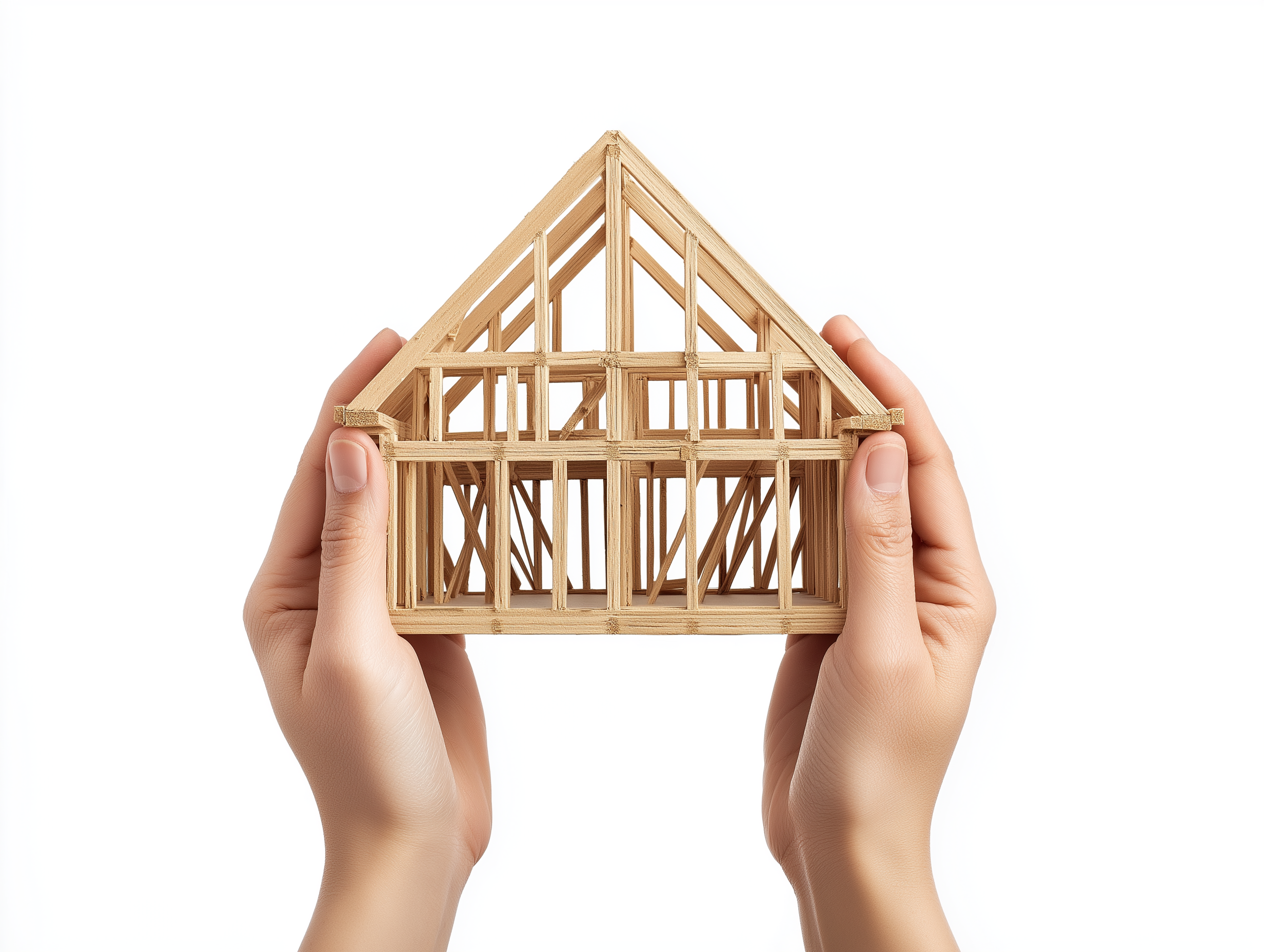Should I build a house extension myself or is it too hard?
Yes, it is possible to build a house extension yourself, but it’s not a decision to take lightly. Extensions involve various stages, including groundwork, structural work, plumbing, and electrical installations, all of which require precision and adherence to building regulations. Unless you have prior construction experience, managing these aspects can be daunting.
What Are the Pros of Building a House Extension Yourself?
If you have the skills and resources, taking a DIY approach to your house extension can offer several benefits:
1. Cost Savings
Labour costs account for a significant portion of construction expenses. By doing the work yourself, you can reduce overall costs. However, it’s crucial to weigh this against the time and effort required.
2. Full Control
Taking on the project yourself gives you complete control over every detail, from materials to timelines. This can be appealing if you have a clear vision for your extension.
3. Personal Satisfaction
There’s a unique sense of accomplishment that comes from completing a major project on your own.
What Are the Challenges of Building a House Extension Yourself?
While the idea of a DIY house extension might sound appealing, it’s important to consider the potential challenges:
1. Complexity of Building Regulations
Even for small extensions, you must comply with building regulations. These cover structural safety, fire safety, insulation, and more. Failing to meet these standards can result in fines or the need for costly remedial work.
2. Planning Permissions
Certain extensions fall under permitted development rights, but larger or more complex builds may require planning permission. Navigating this process without professional help can be time-consuming and tricky.
3. Time Investment
Building an extension is a major project that requires significant time and effort. Balancing the work with other responsibilities can lead to delays.
4. Risk of Mistakes
Without professional training, you may encounter structural issues, subpar workmanship, or compliance problems. These can reduce your home’s value and potentially increase costs in the long run.
5. Insurance and Liability
DIY work may impact your home insurance. Additionally, if something goes wrong, you may not have the same protections as you would with a professional contractor.
What Aspects of an Extension Can You Do Yourself?
For many homeowners, a hybrid approach works best—handling some aspects of the project themselves while leaving the more complex tasks to professionals. Here’s what you might consider taking on:
1. Initial Planning
You can handle the design and layout planning yourself, especially if the extension is straightforward. Online tools and resources can help you draft basic plans.
2. Decoration and Finishing
Painting, flooring, and tiling are common tasks that homeowners often handle themselves.
3. Landscaping
If your extension involves outdoor work, such as adding a patio or garden features, these are usually manageable DIY tasks.
What to Leave to Professionals:
- Groundwork and foundations
- Structural work (e.g., walls, beams, and roofs)
- Electrical installations (must comply with Part P of building regulations)
- Plumbing and heating systems
Steps to Building a House Extension Yourself
If you decide to proceed with a DIY house extension, here’s a step-by-step guide to help you get started:
1. Check Legal Requirements
Determine whether your project requires planning permission. For guidance, visit the Planning Portal. Ensure you’re familiar with building regulations and arrange inspections as needed.
2. Create a Detailed Plan
Draw up a comprehensive plan that includes dimensions, materials, and timelines. Accurate planning is essential for success.
3. Budget Carefully
Calculate the costs of materials, tools, and any professional services you’ll need to hire. Include a contingency of 10–15% for unexpected expenses.
4. Source Quality Materials
Research and purchase high-quality materials that meet building standards. Using subpar materials can lead to long-term issues.
5. Seek Expert Advice
Even if you’re managing the project yourself, consulting with an architect or builder can help you avoid costly mistakes.
6. Arrange for Inspections
Building control inspections are required at various stages to ensure compliance with regulations. These inspections are non-negotiable and must be booked in advance.
7. Stay Realistic
Understand your limitations and know when to call in professionals. Safety and quality should never be compromised.
Alternatives to DIY When to Hire Professionals
If you’re unsure about taking on the entire project yourself, hiring professionals can save time, stress, and potentially money in the long run. Contractors bring expertise, efficiency, and access to specialised tools. Additionally, working with a reputable team ensures your extension complies with all legal and safety standards.
Should You Build a House Extension Yourself?
Building a house extension yourself can be a rewarding challenge, but it’s not for everyone. It requires a significant time commitment, technical knowledge, and a willingness to navigate complex regulations. For smaller tasks or finishing touches, a DIY approach might be feasible. However, for larger, structural elements, hiring professionals is often the safest and most cost-effective choice.
If you’re considering a house extension but aren’t sure where to start, I’d be happy to discuss your project and help you find the best solution. With years of experience in the construction sector, I can guide you through the process and ensure a high-quality result.
Contact us here to explore your options. Don’t forget to check our verified reviews on Google My Business and Trust a Trader to see what our clients say about working with us.
More Blogs
For more insights into house extensions, check out these related blogs Do House Extensions Need Planning Permission? and How Much Do House Extensions Cost in the UK?

